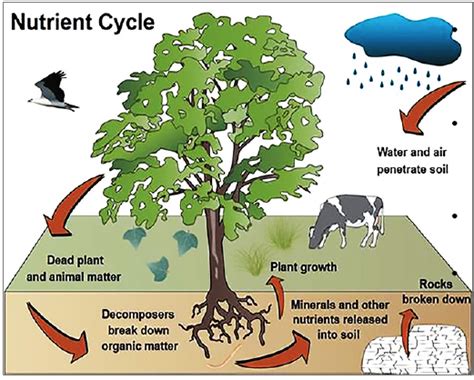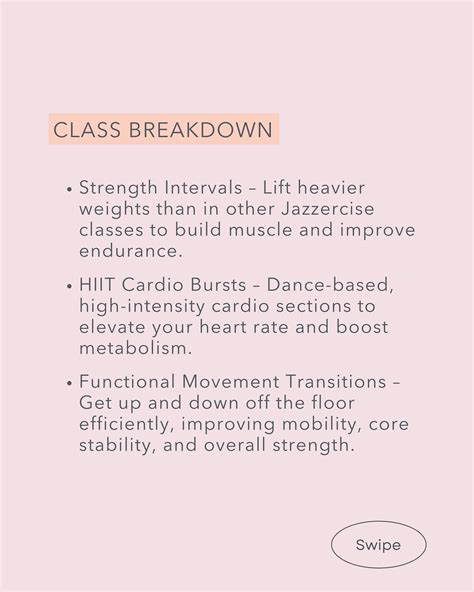Understanding the Role of Testosterone in Men’s Health
Testosterone, often hailed as the primary male sex hormone, plays a crucial role in far more than just libido and muscle mass. It is fundamental for maintaining bone density, regulating fat distribution, producing red blood cells, and impacting mood and energy levels. As men age, testosterone levels naturally decline, but various modern lifestyle factors can accelerate this decrease, leading to symptoms like fatigue, decreased muscle mass, increased body fat, reduced sex drive, and mood disturbances. Fortunately, men can take proactive steps to naturally optimize their testosterone through specific dietary choices and exercise regimens.

Optimizing Testosterone Through Diet
Your diet is a powerful tool for hormonal health. What you eat, and what you avoid, directly impacts your body’s ability to produce testosterone.
Essential Macronutrients
- Healthy Fats: Cholesterol is a precursor to testosterone, and healthy fats provide the building blocks. Incorporate monounsaturated and polyunsaturated fats from sources like avocados, nuts (almonds, walnuts), seeds (chia, flax, pumpkin), olive oil, and fatty fish (salmon, mackerel) rich in Omega-3s. Avoid trans fats.
- Adequate Protein: Protein is essential for muscle growth and repair, which is intrinsically linked to testosterone production. Aim for lean protein sources such as chicken breast, turkey, lean beef, eggs, fish, and legumes.
- Complex Carbohydrates: Don’t shun carbs! Whole grains, fruits, and vegetables provide essential energy for workouts and replenish glycogen stores, preventing your body from resorting to catabolic states that can suppress testosterone. They also provide fiber, crucial for gut health and nutrient absorption.
Key Micronutrients for Testosterone
- Zinc: This mineral is vital for testosterone production and helps prevent its conversion to estrogen. Excellent sources include oysters, red meat, poultry, beans, nuts, and pumpkin seeds.
- Vitamin D: Often called the “sunshine vitamin,” Vitamin D acts as a steroid hormone in the body and is directly linked to testosterone levels. Spend time in the sun safely, and consume fortified foods, fatty fish, or consider supplementation under medical guidance.
- Magnesium: Involved in over 300 biochemical reactions in the body, magnesium can increase free and total testosterone levels. Found in leafy green vegetables, nuts, seeds, legumes, and whole grains.
- Vitamin K2: Emerging research suggests Vitamin K2 plays a role in testicular health and testosterone production. Found in fermented foods like natto, hard cheeses, and egg yolks.

Foods to Limit or Avoid
Processed foods, excessive sugar, refined carbohydrates, and unhealthy trans fats can lead to inflammation and weight gain, both detrimental to testosterone levels. Excessive alcohol consumption can also negatively impact testosterone production.
The Power of Exercise: Boosting Testosterone Naturally
Exercise is a cornerstone of natural testosterone optimization. However, the type and intensity of exercise matter.
Strength Training
Lifting weights, especially compound movements that engage multiple muscle groups, is arguably the most effective exercise for boosting testosterone. Focus on exercises like:
- Squats
- Deadlifts
- Bench press
- Overhead press
- Rows
Aim for moderate to heavy weights with fewer repetitions (e.g., 6-12 reps per set) and adequate rest between sets. Consistent strength training not only stimulates acute testosterone release but also contributes to long-term increases in muscle mass, which correlates with higher baseline testosterone.

High-Intensity Interval Training (HIIT)
Short, intense bursts of exercise followed by brief recovery periods can also significantly elevate testosterone. This could involve sprints, cycling, or bodyweight circuits. HIIT is time-efficient and effective for fat loss, which in itself can improve testosterone levels.
Avoid Overtraining
While exercise is beneficial, excessive or prolonged endurance training without adequate recovery can actually suppress testosterone and elevate cortisol (the stress hormone). Listen to your body, prioritize rest, and incorporate recovery days.

Beyond Diet and Exercise: Lifestyle Factors
For truly optimal testosterone, diet and exercise must be supported by other healthy lifestyle choices:
- Adequate Sleep: Testosterone production largely occurs during sleep, especially during deep REM cycles. Aim for 7-9 hours of quality sleep per night. Poor sleep can dramatically reduce testosterone levels.
- Stress Management: Chronic stress elevates cortisol, which has an inverse relationship with testosterone. Practice stress-reducing techniques like meditation, yoga, deep breathing, or spending time in nature.
- Maintain a Healthy Weight: Excess body fat, particularly around the abdomen, can increase the conversion of testosterone to estrogen, further lowering available testosterone.
- Limit Endocrine Disruptors: Be mindful of exposure to chemicals in plastics (BPA, phthalates), pesticides, and certain personal care products that can interfere with hormone production.

Conclusion: A Holistic Path to Optimal Testosterone
Optimizing testosterone naturally is not about a quick fix but rather a commitment to a holistic, healthy lifestyle. By consistently incorporating a nutrient-dense diet rich in healthy fats, protein, and essential micronutrients, engaging in regular strength training and HIIT, prioritizing quality sleep, and effectively managing stress, men can significantly improve their testosterone levels. This integrated approach not only supports hormonal balance but also contributes to enhanced energy, mood, muscle mass, and overall vitality, paving the way for a healthier, more robust life.




